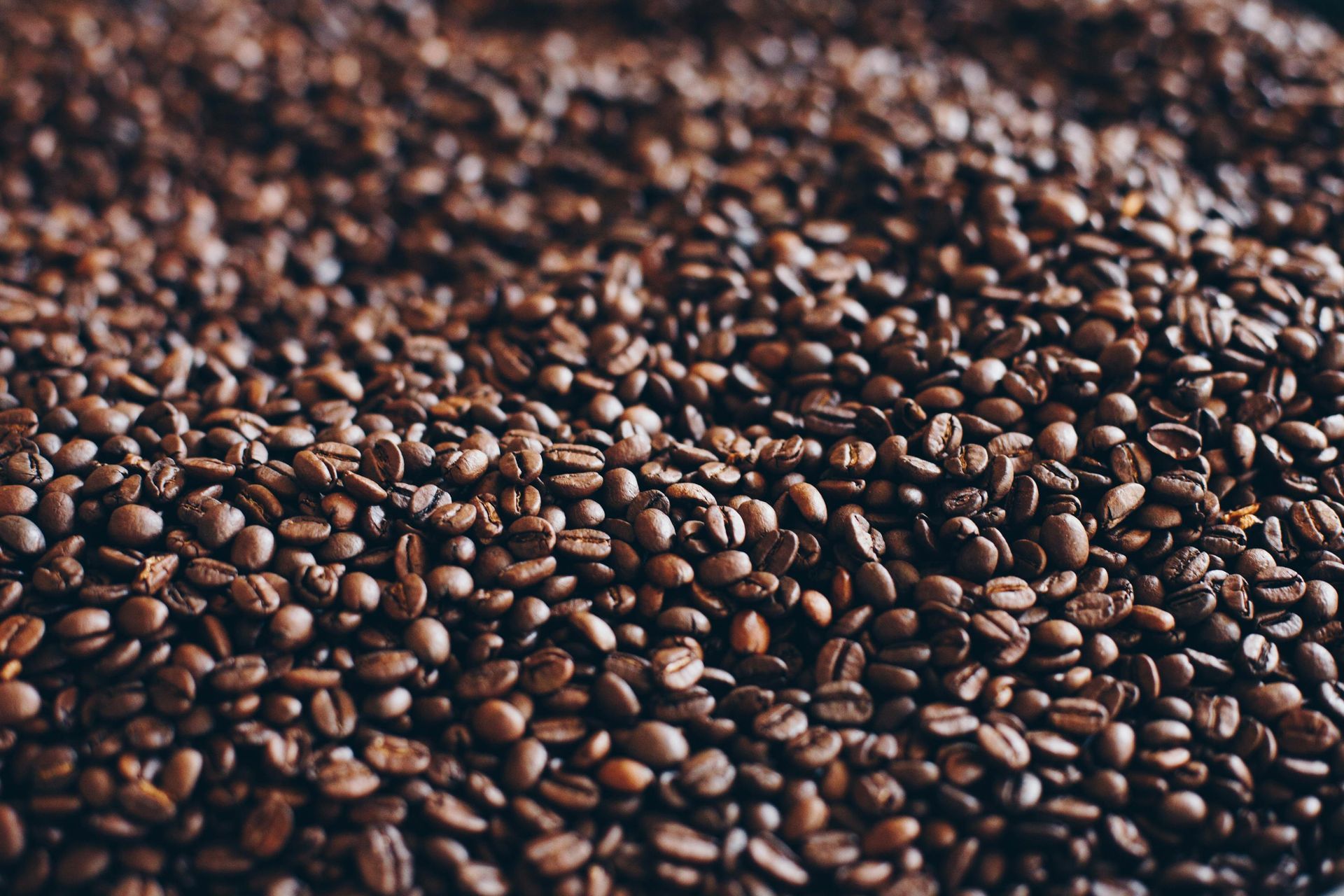State tribal rights body flags ‘Diwata’ for video mocking IP’s
Art Dumlao — February 27, 2025
State tribal rights body flags ‘Diwata’ for video mocking IP’s
BAGUIO CITY (February 27, 2025) – State tribal rights body -- National Commission on Indigenous Peoples (NCIP)—flagged Deo Jarito Balbuena, more popularly known as "Diwata"—over a video taken at the Strawberry Farm in La Trinidad, Benguet, interpreted by many to have mocked indigenous peoples, as culturally insensitive and irresponsible.
Reminding on the use of cultural materials and expression of indigenous peoples, the NCIP-Cordillera said Diwata’s vlog sparked widespread outrage as he was wearing traditional attire of the Indigenous Cultural Communities (ICCs/IPs) but accompanied it with demeaning gestures. "Also from the vlog, Diwata attributed ICCs/IPs' native attire as costume. In effect, relegating the IP's attire, which form part and parcel of the IPs' customs and identity, as a mere accessory, or worst, trinkets," it said.
Many netizens especially IPs and residents of the Cordillera were most of them identity themselves Igorot (collective name of people leaving in the mountains) are furious how "Diwata" mocked and disrespected the Igorots.
The NCIP stated that while it is acknowledging that "Diwata" likely has no intentions on demeaning or degrading the Cordillerans, it is important to recognize that his actions reflect a broader societal issue. "The incident highlights the persistent challenges in the Information and Education Campaigns (IECs) aimed at decolonizing the mindset of the Filipino population towards ICCs/IPs. These campaigns strive to dismantle and exorcise the stereotypes and misconceptions that are deeply entrenched in the Filipino psyche," the NCIP-Cordillera stressed.
Though the NCIP-Cordillera admitted that significant work remains to be done in promoting cultural awareness and sensitivity.
The commission is encouraging all stakeholders, particularly the owners of rental stalls and other business establishments frequented by tourists especially those operated by ICCs/IPs to be more responsible. "We urge them to educate and even police their patrons, in most subtle way possible, about the appropriate use of ICCs/IPs cultural materials and expressions," the NCIP pushed.




